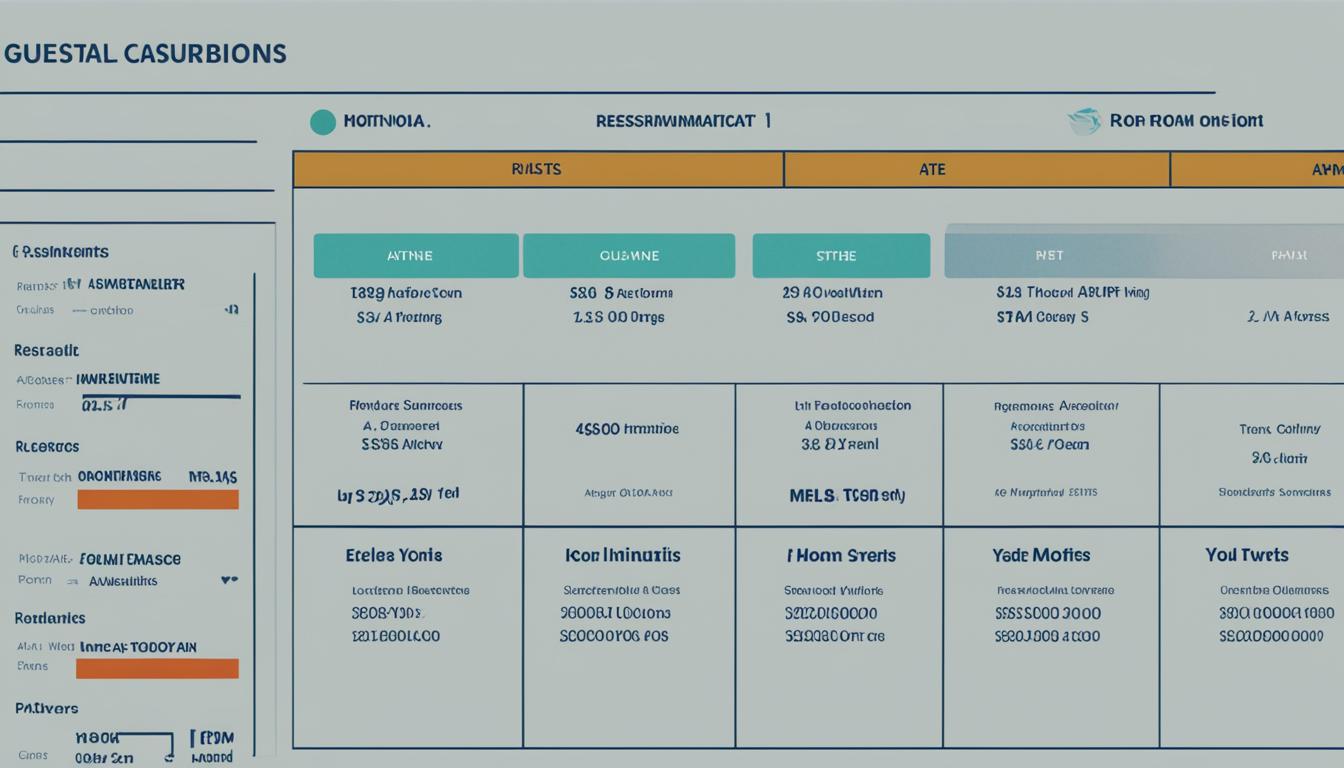Private equity investment firms have become significant players in the healthcare industry over the past two decades. They have acquired hospitals, nursing homes, physician practices, and other healthcare entities. While private equity firms claim to bring capital and innovation to healthcare, a recent study published in JAMA reveals a concerning trend. The study found that hospitals purchased by private equity investment firms experienced a significant increase in serious medical complications and errors. This article will delve into the key findings of the study, explore the potential reasons behind this rise in medical errors, and discuss the implications for patient care.
The Study’s Findings
The study analyzed the effects of private equity acquisitions on patient care in 51 hospitals between 2009 and 2019. The researchers compared the rates of adverse events, such as surgical infections and bed sores, among Medicare patients in hospitals purchased by private equity firms with those in similar hospitals that were not acquired. The results were alarming.
Increase in Adverse Events
The study revealed a 25 percent increase in adverse events among Medicare patients in hospitals acquired by private equity firms compared to non-acquired hospitals. These adverse events included surgical infections, bed sores, central line infections, and patient falls. Of particular concern was the nearly 38 percent increase in central line infections, which are considered dangerous and should never occur in hospitals. Patient falls also increased by 27 percent in hospitals owned by private equity firms.
Decrease in Patient Mortality
While the study showed a rise in medical errors, it also found a slight decrease in the rate of patients who died during their hospital stay. The researchers speculated that this decline in mortality could be attributed to other factors, such as a shift toward admitting healthier patients to the hospitals. Furthermore, there was no significant difference in the death rates between hospitals owned by private equity firms and non-acquired hospitals after 30 days of patient discharge.
Possible Explanations for the Rise in Medical Errors
The researchers and other experts have put forth several explanations for the increase in medical errors following private equity acquisitions. One potential factor is staffing reductions. Previous studies have shown that private equity ownership often leads to downsizing and cost-cutting measures, including a reduction in hospital employees. The researchers of the JAMA study believe that reductions in staffing levels could account for the higher occurrence of medical errors in hospitals owned by private equity firms.
Aggressive Investing and Short-Term Profit Goals
Another possible explanation is the aggressive investing approach and profit-driven mentality often associated with private equity firms. Critics argue that these firms may prioritize short-term financial gains over patient care, leading to a decline in the quality of healthcare services provided. The study’s lead author, Dr. Sneha Kannan, highlighted the importance of investing style, emphasizing that private equity can bring both capital and innovation when pursued properly.
Lack of Government Oversight
The study raises concerns about the lack of government oversight when it comes to private equity ownership in the healthcare sector. Unlike publicly funded hospitals, private equity-owned hospitals are not subject to the same level of scrutiny and reporting requirements. This lack of transparency makes it challenging to assess the impact of private equity ownership on patient care accurately.
Implications for Patient Care
The findings of the study have significant implications for patient care in hospitals owned by private equity firms. While private equity ownership is not inherently detrimental, the study suggests that certain practices associated with these acquisitions can lead to compromised care and increased medical errors.
Importance of Staffing Levels
One crucial aspect highlighted by the study is the importance of adequate staffing levels in hospitals. The reductions in hospital employees following private equity acquisitions may strain the existing workforce, leading to higher workloads and potential patient safety issues. Ensuring sufficient staffing levels should be a priority for hospitals under private equity ownership.
Need for Increased Oversight and Transparency
The study underscores the need for increased oversight and transparency in private equity ownership of healthcare facilities. Government regulatory bodies should implement measures to monitor the quality of care and patient safety in hospitals owned by private equity firms. Additionally, requiring more comprehensive reporting of private equity deals in healthcare can help shed light on potential issues and ensure accountability.
Conclusion
The rise in medical errors following private equity acquisitions of hospitals is a cause for concern. The study’s findings highlight the need for further research and policy changes to safeguard patient care in these healthcare facilities. It is essential to strike a balance between capital investment and the delivery of high-quality healthcare services. By addressing staffing levels, promoting transparency, and enhancing government oversight, we can strive for better patient outcomes in hospitals under private equity ownership.



















